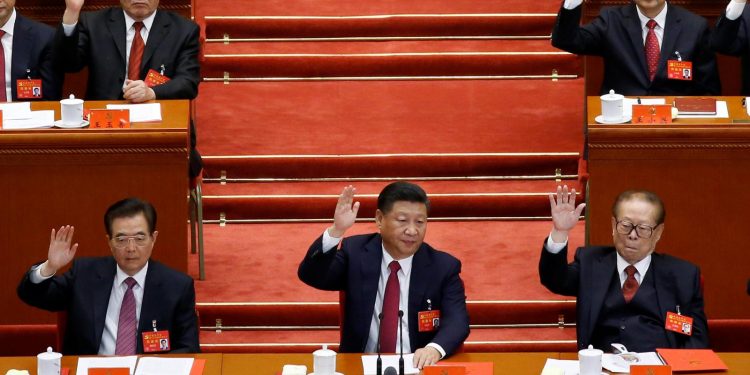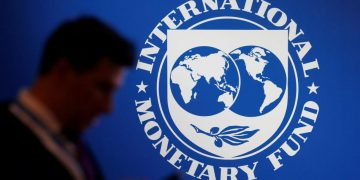Beijing: In an unprecedented move, China is considering to postpone its annual Parliament session next month during which the ruling Communist Party showcases its political clout, as the country grapples with the coronavirus outbreak that has claimed over 1,700 lives.
Moves are afoot to put off both the National People’s Congress (NPC) and the top advisory body Chinese People’s Political Consultative Conference (CPPCC), which together have over 5,000 members in their ranks.
The standing committee of the NPC will meet in late February to deliberate a draft decision on postponing the NPC’s annual session, among other items on the agenda, state-run ‘Xinhua’ news agency reported Monday.
The NPC which lasts about two weeks was originally planned to start March 5 in the Chinese capital. Preparations for the session have been made.
But after the outbreak of COVID-19, epidemic prevention and control has become the most important work. It is now a crucial moment to curb the spread and win the battle, so no effort should be spared, Zang Tiewei, a spokesperson for the top legislature’s Legislative Affairs Commission said.
If the session of the NPC, which is often regarded as rubber stamp Parliament for its routine approval of Communist Party proposals, is postponed it will be regarded as an unprecedented move.
The ruling Communist Party of China (CPC) considers the two sessions as significant political events to adopt its national agenda, including the annual budgets and formulate new laws.
The postponement is reportedly being contemplated as the coronavirus continued its virulent run, though officials say it is slowing down.
China reported 105 new deaths Monday due to coronavirus, increasing the overall death toll to 1,770.
The National Health Commission said 2,048 new cases of the virus have been confirmed, taking the total number of infected cases to 70,548.
Chinese analysts said the postponement of the two sessions is very unusual in the history of the Party, which has not been seen since the country’s reform and opening-up, the state-run ‘Global Times’ reported.
“It’s also unknown when the two sessions will be rescheduled as it depends on how the epidemic prevention and control work evolves, especially when there has been no inflection point of the epidemic in sight yet,” Zhuang Deshui, deputy director of the Research Centre for Government Integrity-Building at Peking University, was quoted as saying by the newspaper.
Agencies







































